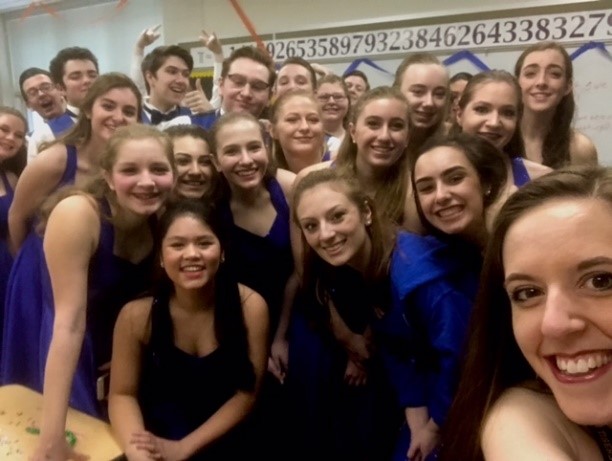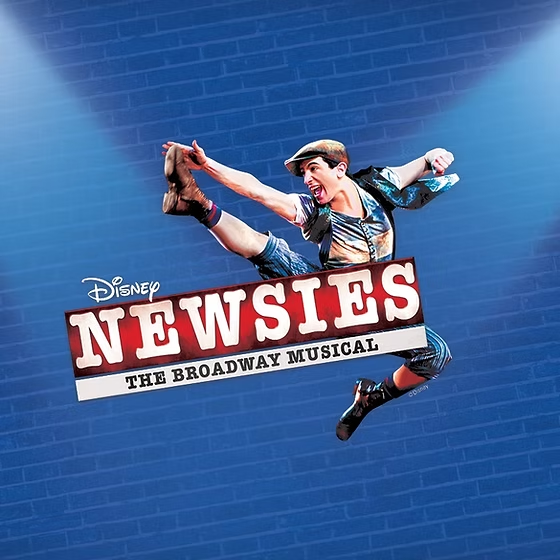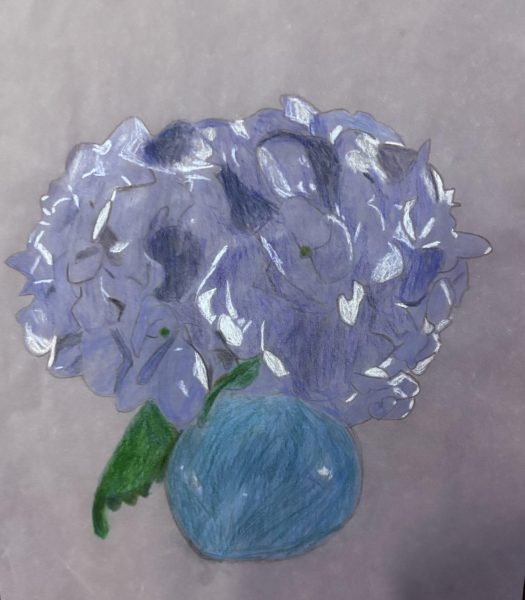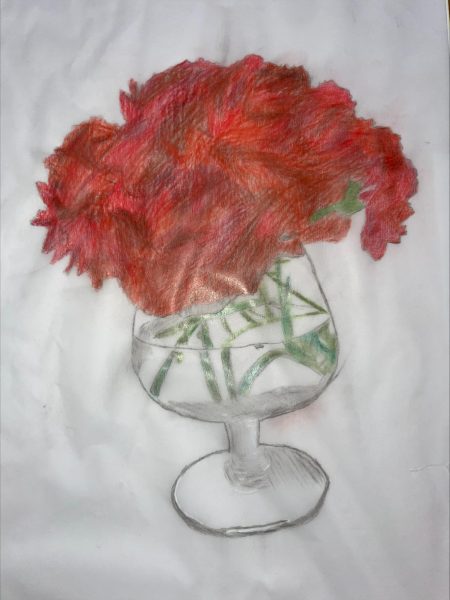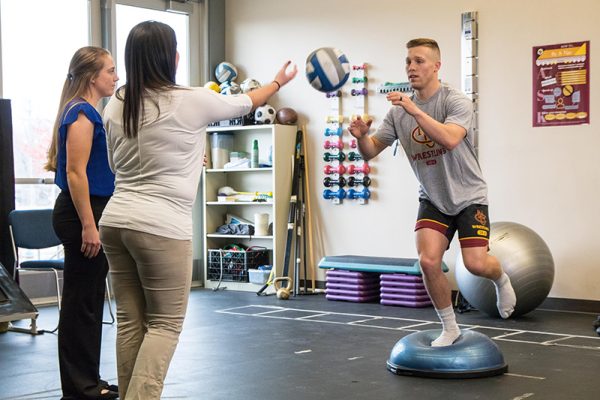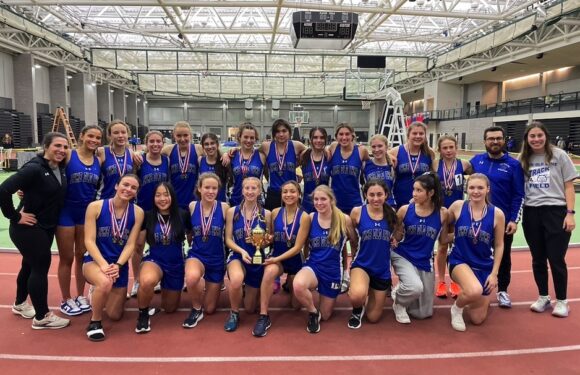Show Choir: A Choreographer’s Perspective
Ashley Racicot is perhaps the busiest person I’ve ever had the pleasure of meeting. She is a freelance choreographer, which means she works for different people and is not permanently employed by one company or organization, and an assistant choreographer to Greg “Bubba” Bussiere. Together, Bubba and Ashley have choreographed for show choirs including Shepherd Hill “Fantasy,” Shepherd Hill “Illusion,” Daniel Hand “VIBE,” Somerset “Electrify,” and Lowell “Sound Impressions.” Additionally, Ashley choreographs for Polson Middle School, Shepherd Hill “T-Tones,” and us, Lyme-Old Lyme “Amped Up.” If you’ve done your math correctly, you’ve realized that Ashley choreographs for a grand total of 8 show choirs, and that’s just from this year. She has also choreographed for other unisex groups in the area and for summer show choir clinics. Oh, and did I mention that she also works at Shepherd Hill Regional High School as a Spanish teacher and owns a dance studio where she teaches Jazzercise classes? Yet at our all-day choreography rehearsals, she always bounces into the auditorium with a smile on her face and more energy that our entire show combined. And since she clearly has a multitude of experiences, I was eager to learn more about Ashley’s ideas about choreography and show choir in general.
Katie Reid: What made you want to become a choreographer?
Ashley Racicot: I wanted to choreograph show choir because I fell in love with it in high school. Show choir is a performing art so unlike others; it has elements of dance, theatre, jazz choir and so much more. I love being a part of the production process now and watching movement come alive through the singer-dancers. I am so fortunate to have been welcomed back into the same choir community that trained me in high school. (Ashley attended Shepherd Hill Regional High School and now choreographs for their 3 show choirs.)
KR: How does choreographing for a new group like Amped Up compare to choreographing for more established groups such as Vibe or Illusion? What are the biggest differences?
AR: Choreographing for a brand new group is a very different experience than choreographing for an established group, and I don’t know whether it’s harder or easier. Show choir has its own vocabulary, so when working with new groups I think it’s important to slow down and explain the basics. This kind of training allows the group to develop over time. It’s always a very fast-paced rehearsal when I work with veteran groups. We teach quickly and then go back and catch the details of the movement, rather than the other way around.
KR: How do you go about creating choreography for a song? What’s your process?
AR: My process for creating choreography can vary depending on the song and how it fits the show. But generally, the most important thing for me is listening to the original version of the song over and over and over again until I’m sick to death of it because that means I know it inside and out. I know when the instrumental hits are, what the high point is, and what lyrics need to be accentuated. Very rarely do I come up with all the choreography ahead of time. I prefer to do only the essential parts beforehand and let the rest come to me when I’m with the students because sometimes what looks cool in my head doesn’t look cool in reality!
KR: Does being an academic high school teacher help with teaching choreography? If so, in what way?
AR: You know, I don’t think anyone’s ever asked me this before, but now that I think about it, I believe being an academic high school teacher absolutely helps me teach choreography. I know what high-schoolers are like on a day-to-day basis and how normal it is for them to be chatty or unfocused. I kind of feel like “teacher” is just part of who I am: I teach Spanish, show choir choreography, and Jazzercise fitness classes. I think I approach a lot of it the same way.
KR: Why do you think it’s important that students are involved in activities like show choir? What kinds of skills do they learn?
AR: Students learn so much more than singing and dancing in show choir. They develop professionalism and sportsmanship when they go out to compete because show choir judging is subjective – there’s nothing you can do that’s going to guarantee you points, like scoring a goal or making a touchdown. One judge may love your vowel placement and the next may think your choral sound is too bright. Willingness to accept criticism and to keep developing as an individual and a group are such valuable life skills. Leadership, teamwork, and responsibility are also at the top of the list. However, the biggest thing for me is learning to be a part of something bigger than yourself. It is so powerful to be one piece in a very complex system, creating art in that way. Performing onstage with a show choir is a unique and gratifying experience.
Amped Up is extremely lucky to have had the opportunity to work with Ashley in our first year. We are so grateful to have someone as experienced as she is to lead us as we stumble blindly into the world of show choir. Who knew that there are number lines with measured intervals on the front of every stage at each competition so our spacing can be consistent no matter where we go? Well, Ashley did. We thank Ashley sincerely for all of her work and dedication to the group. Who knows where we’d be without her!

